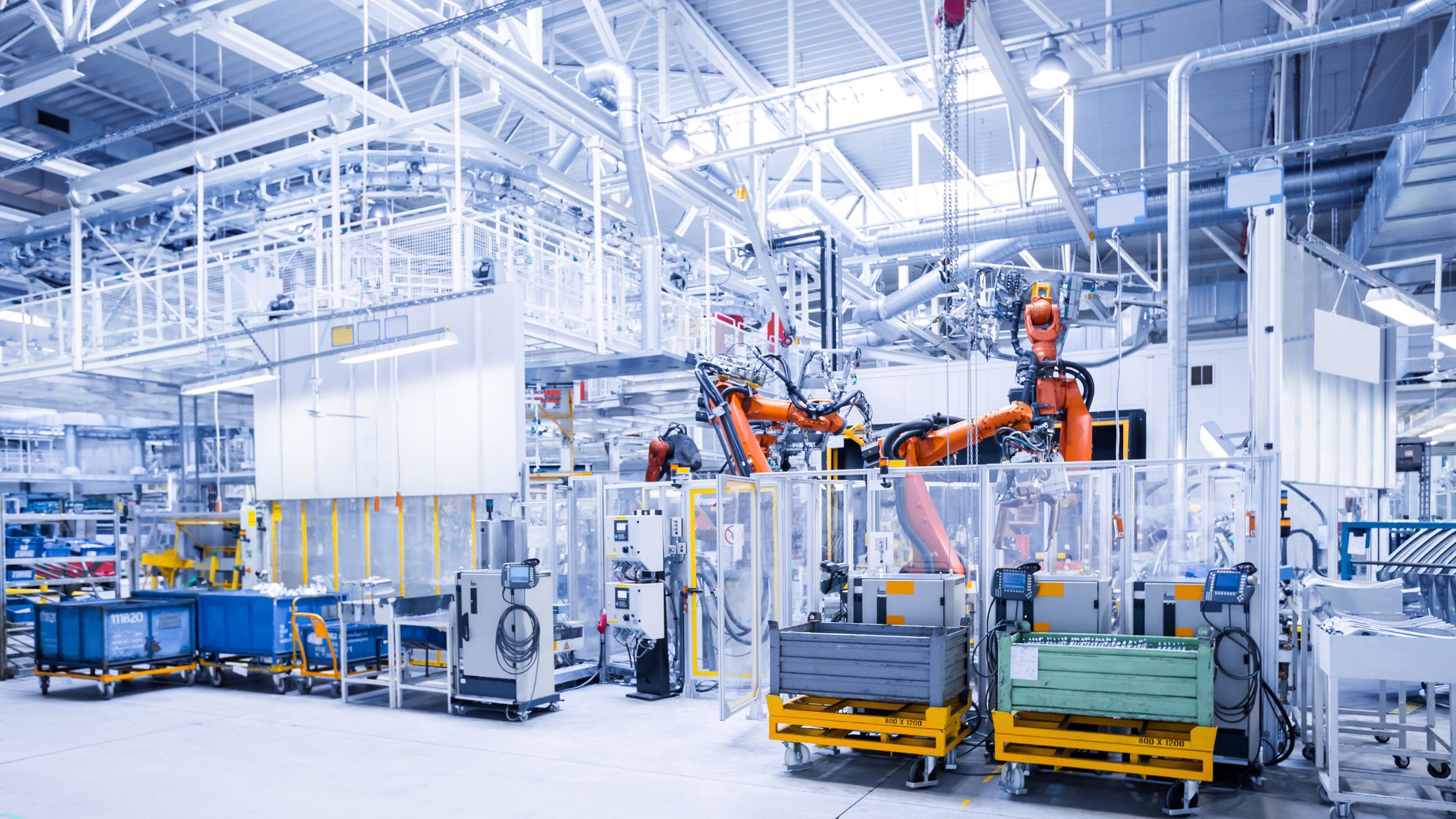Comprehensive Insurance Guide for Food Processing Equipment Manufacturers
Introduction: The Critical Role of Insurance in Food Processing Equipment Manufacturing
In the complex and highly regulated world of food processing equipment manufacturing, insurance is not just a protective measure—it's a strategic business imperative. This comprehensive guide explores the multifaceted insurance landscape, highlighting the unique risks, coverage options, and critical considerations for manufacturers in this specialized sector.
Understanding the Unique Risks in Food Processing Equipment Manufacturing
Equipment and Property Risks
Food processing equipment manufacturers face distinctive risks that extend far beyond standard business insurance:
- High-value, specialized machinery with significant replacement costs
- Potential for mechanical breakdown and technological obsolescence
- Sensitive electronic components vulnerable to electrical damage
- Risk of production interruption due to equipment failure
Product Liability Considerations
As manufacturers of critical food processing infrastructure, your liability extends beyond traditional product boundaries:
- Potential contamination risks from equipment design or manufacturing defects
- Liability for equipment-related food safety incidents
- Regulatory compliance and potential legal challenges
- International market exposure and cross-border liability
Essential Insurance Coverage for Food Processing Equipment Manufacturers
Professional Indemnity Insurance
Professional Indemnity (PI) insurance is crucial for protecting against claims arising from professional advice, design, or manufacturing errors. For food processing equipment manufacturers, PI coverage should specifically address:
- Design and engineering consultation liability
- Technical specification errors
- Compliance with food safety standards
- Potential financial losses from equipment performance issues
Product Liability Insurance
Tailored product liability insurance is non-negotiable in this sector. Key coverage areas include:
- Manufacturing defects leading to food contamination
- Equipment malfunction causing production disruption
- Potential health and safety incidents
- Legal defense costs and settlements
Commercial Combined Insurance
A comprehensive Commercial Combined Insurance policy provides holistic protection, integrating multiple coverage types:
- Property damage protection for manufacturing facilities
- Business interruption coverage
- Equipment breakdown insurance
- Cyber insurance for technological risks
Cyber Insurance
With increasing technological complexity, cyber insurance has become critical:
- Protection against data breaches
- Coverage for industrial control system vulnerabilities
- Ransomware and technological disruption protection
- Compliance with data protection regulations
Proactive Risk Management Strategies
Regular Equipment Maintenance and Documentation
Insurers favor manufacturers with robust maintenance protocols. Recommended practices include:
- Comprehensive maintenance logs
- Regular equipment inspections
- Calibration and performance tracking
- Detailed repair and replacement records
Quality Control and Certification
Achieving and maintaining industry certifications can significantly impact insurance premiums:
- ISO 9001 Quality Management certification
- HACCP (Hazard Analysis and Critical Control Points) compliance
- FDA and international food safety standard adherence
- Regular third-party audits and assessments
Factors Influencing Insurance Premiums
Risk Assessment Considerations
Insurance providers evaluate multiple factors when determining premiums:
- Company's historical claims record
- Complexity and value of manufactured equipment
- Geographic markets and export destinations
- Implementation of risk management protocols
- Technological sophistication of manufacturing processes
Cost Optimization Strategies
Manufacturers can potentially reduce insurance costs through:
- Comprehensive risk management programs
- Investment in employee training
- Advanced technological safeguards
- Bundled insurance policy negotiations
Regulatory Compliance and International Considerations
UK and European Regulatory Landscape
Food processing equipment manufacturers must navigate complex regulatory environments:
- UK Food Safety Act compliance
- European Machinery Directive requirements
- International food safety standards
- Export market-specific regulations
Global Market Implications
Insurance strategies must account for international market complexities:
- Varying regulatory requirements across jurisdictions
- Different liability interpretations
- Cross-border legal considerations
- Currency and economic risk factors
Real-World Case Studies
Case Study 1: Equipment Malfunction Scenario
A food processing equipment manufacturer faced a significant claim when a packaging machine design flaw led to potential contamination. Comprehensive Professional Indemnity and Product Liability insurance covered legal expenses and potential settlements, preventing catastrophic financial impact.
Case Study 2: Cyber Incident Management
An advanced manufacturing facility experienced a cyber attack targeting industrial control systems. Their specialized cyber insurance policy covered system restoration, potential production losses, and legal compliance costs, demonstrating the critical nature of comprehensive technological risk coverage.
Conclusion: Insurance as a Strategic Business Asset
For food processing equipment manufacturers, insurance transcends traditional risk mitigation. It represents a strategic investment in business continuity, reputation management, and long-term sustainability. By understanding and proactively addressing industry-specific risks, manufacturers can transform insurance from a compliance requirement into a competitive advantage.
Frequently Asked Questions
Q1: How often should food processing equipment manufacturers review their insurance coverage?
Annually, or whenever significant technological, operational, or market changes occur. Regular reviews ensure coverage remains aligned with evolving business risks.
Q2: Are international sales covered under standard insurance policies?
Not necessarily. Manufacturers must specifically negotiate international coverage and understand jurisdiction-specific requirements.
Q3: How do certifications impact insurance premiums?
Certifications like ISO 9001 and HACCP can potentially lower premiums by demonstrating robust risk management practices.


 0330 127 2333
0330 127 2333
